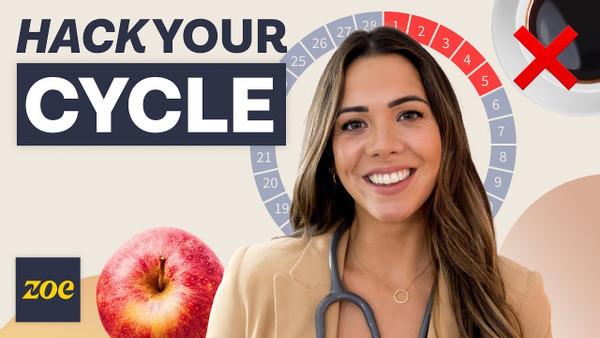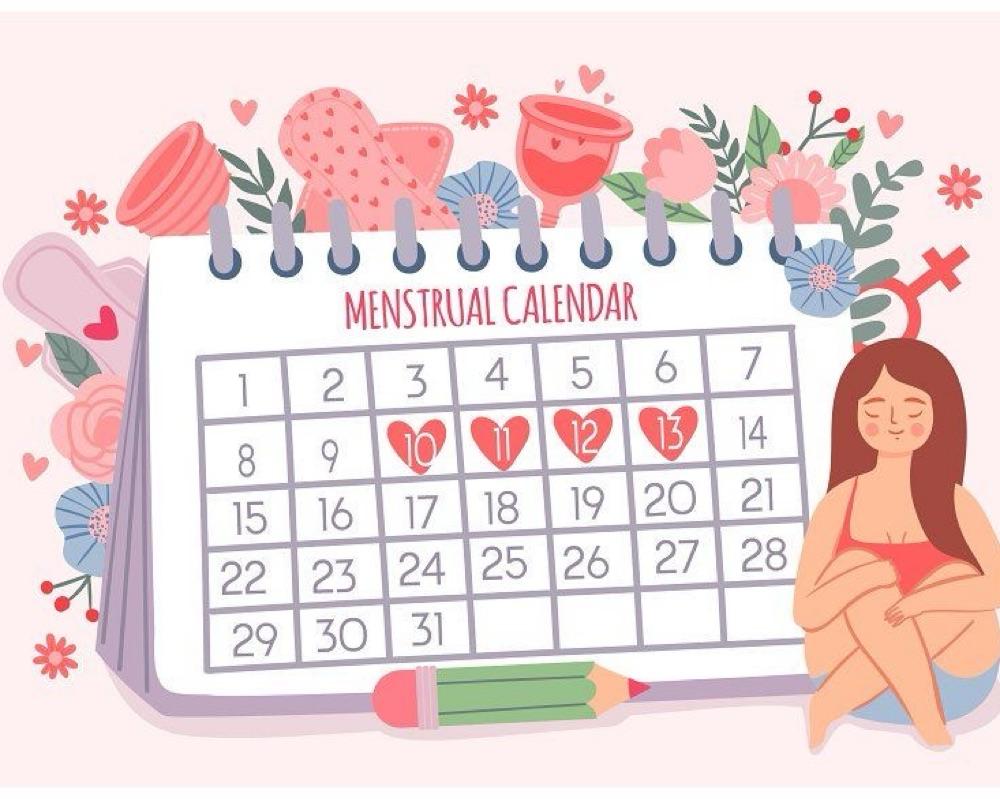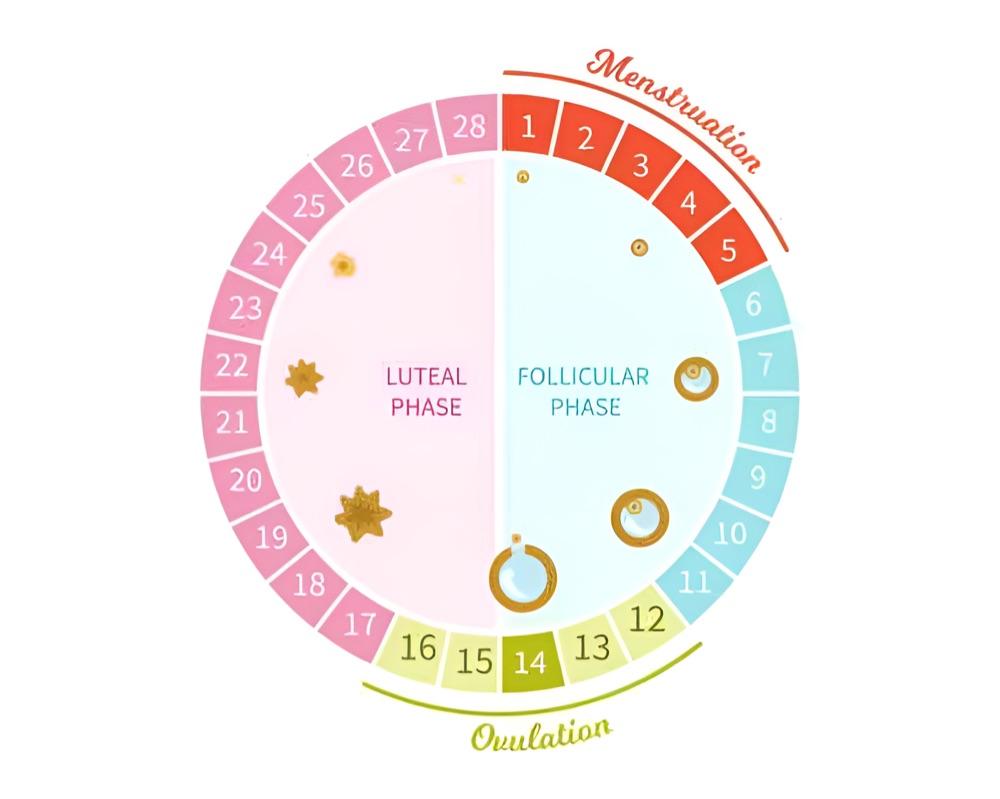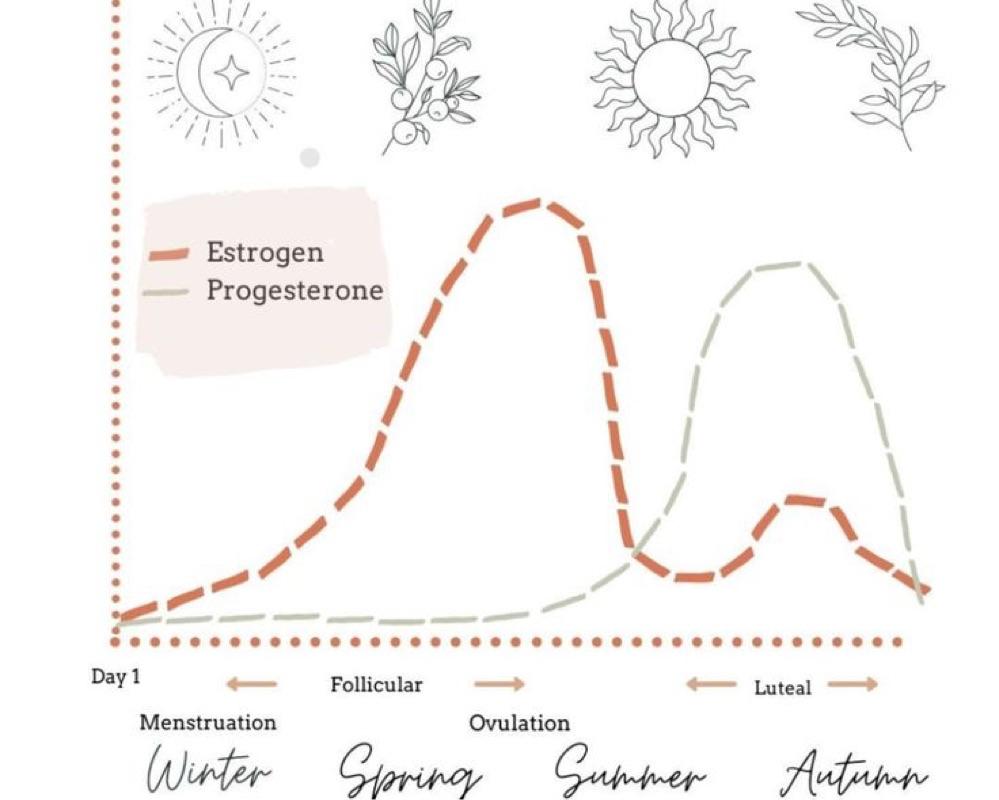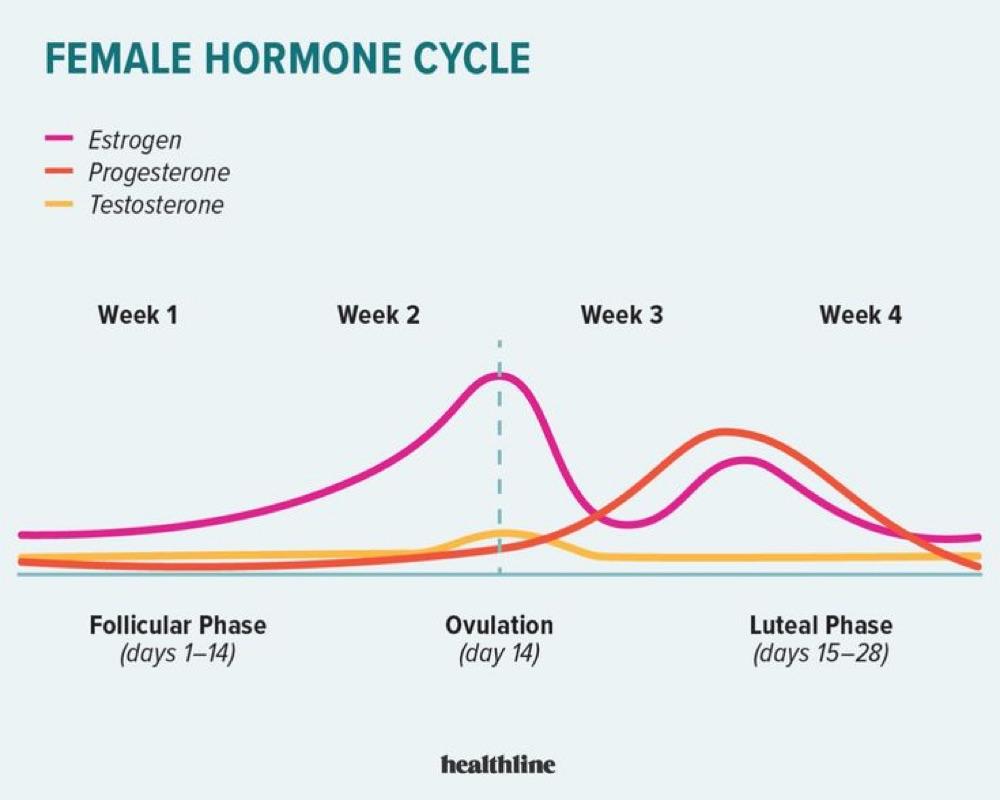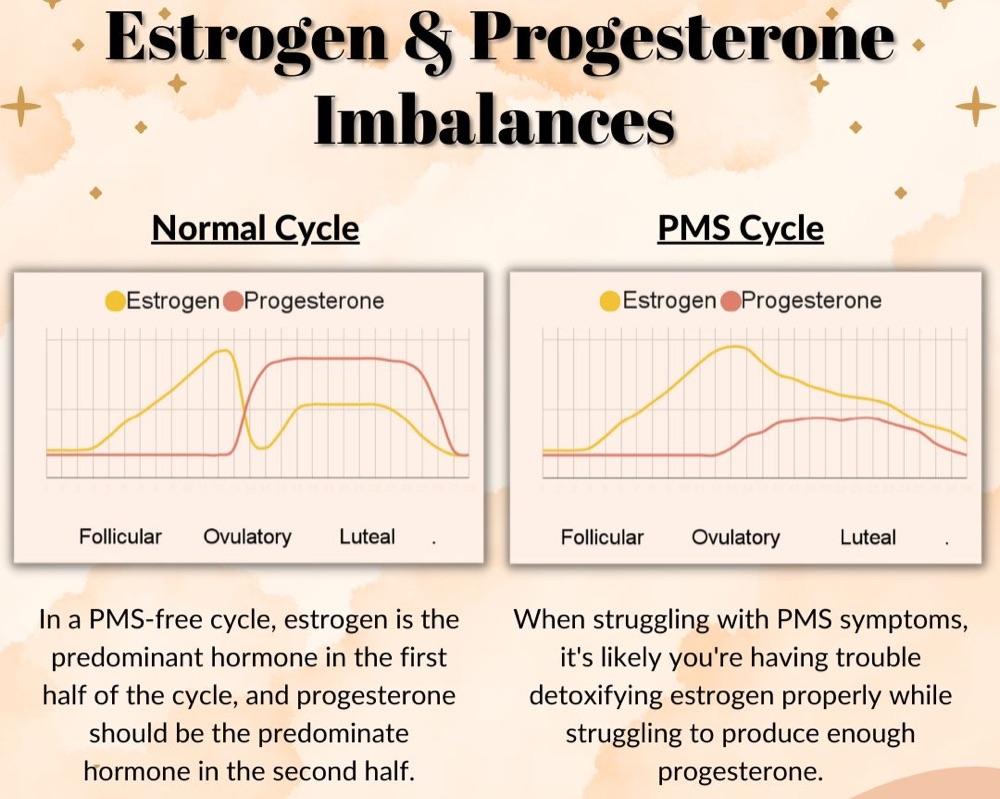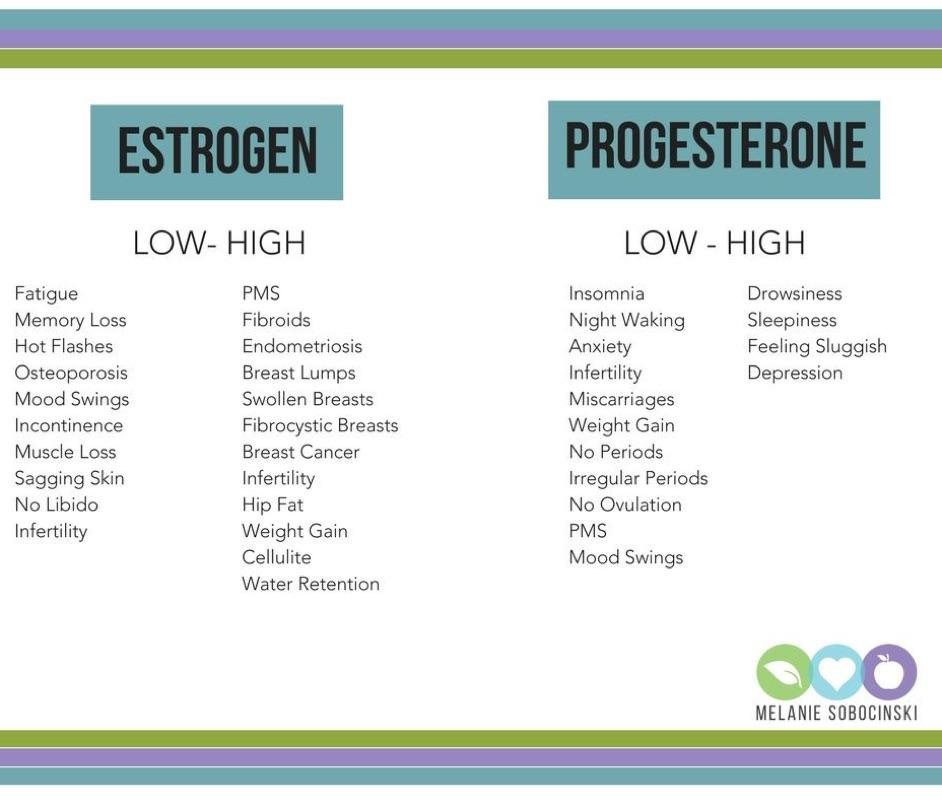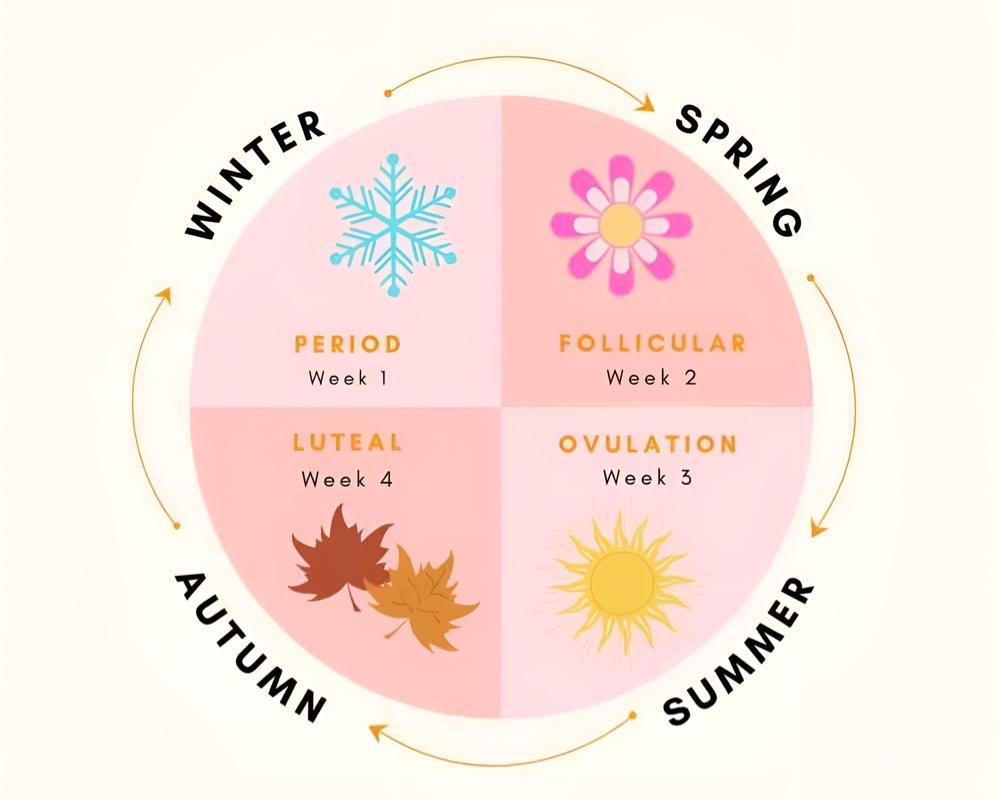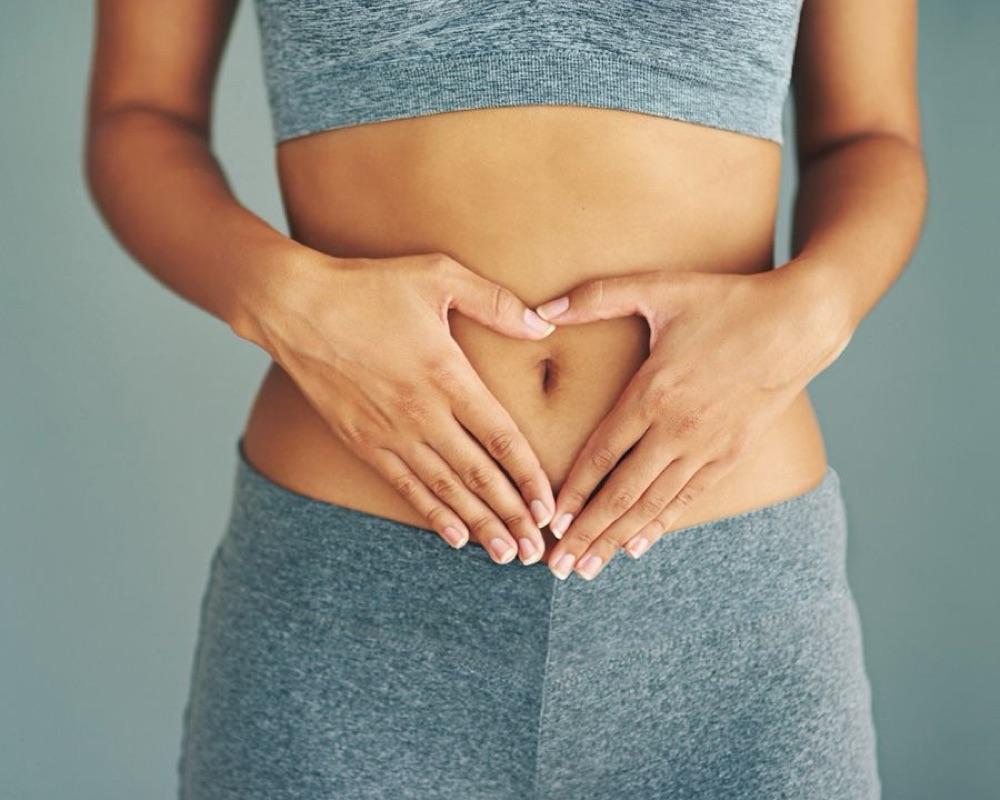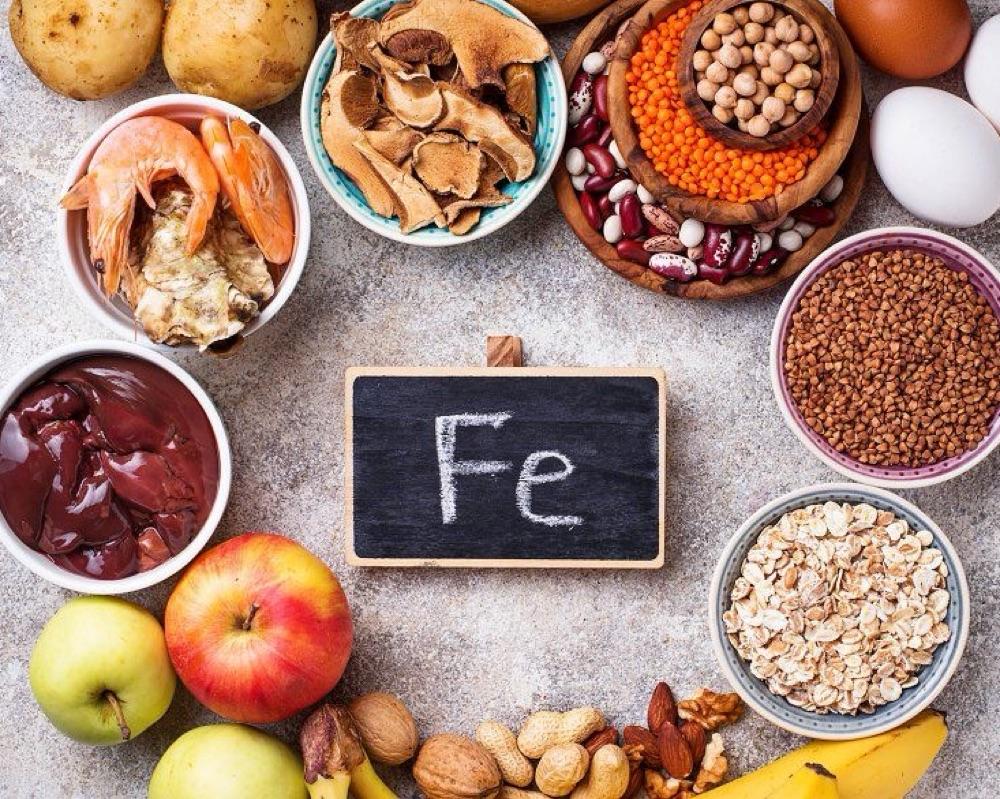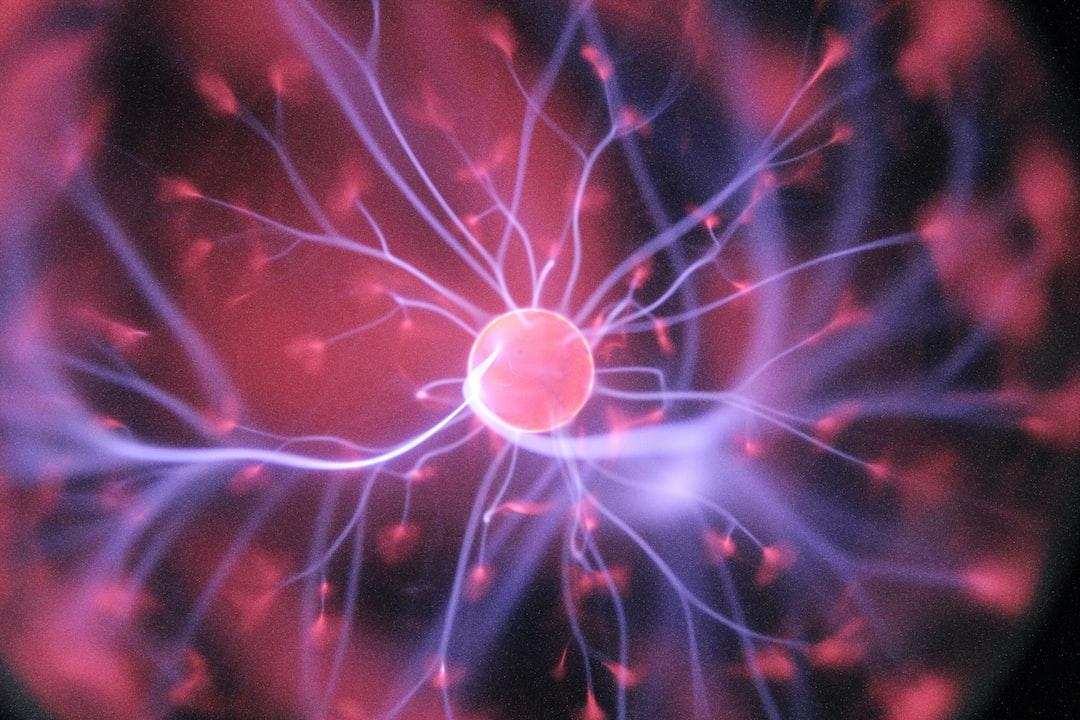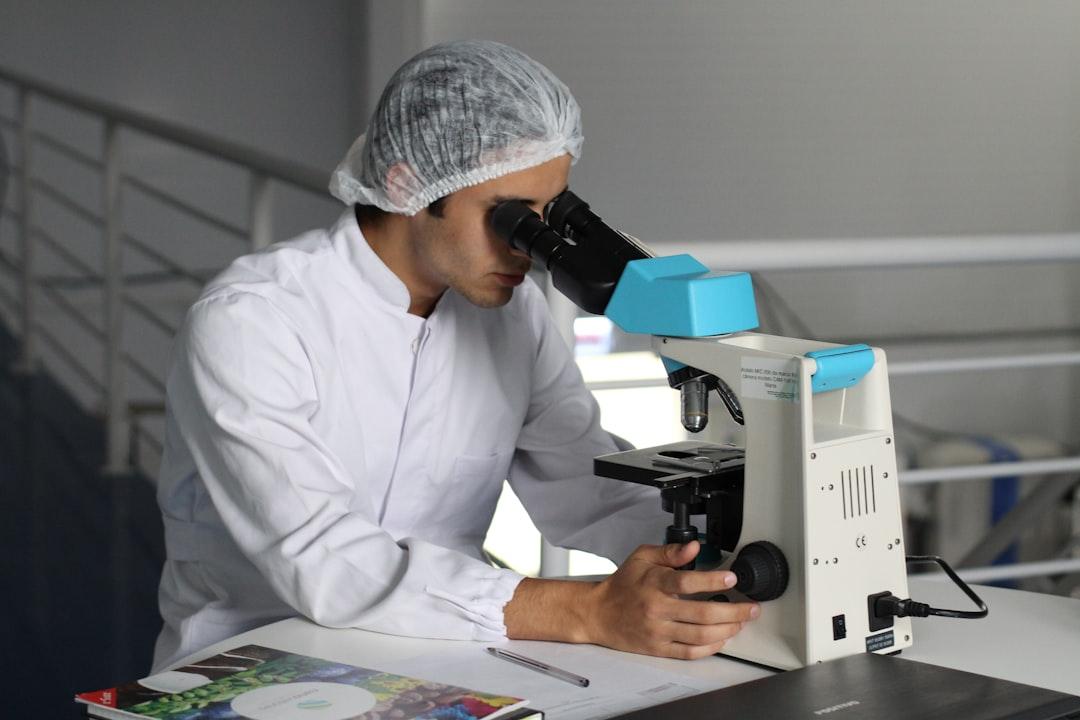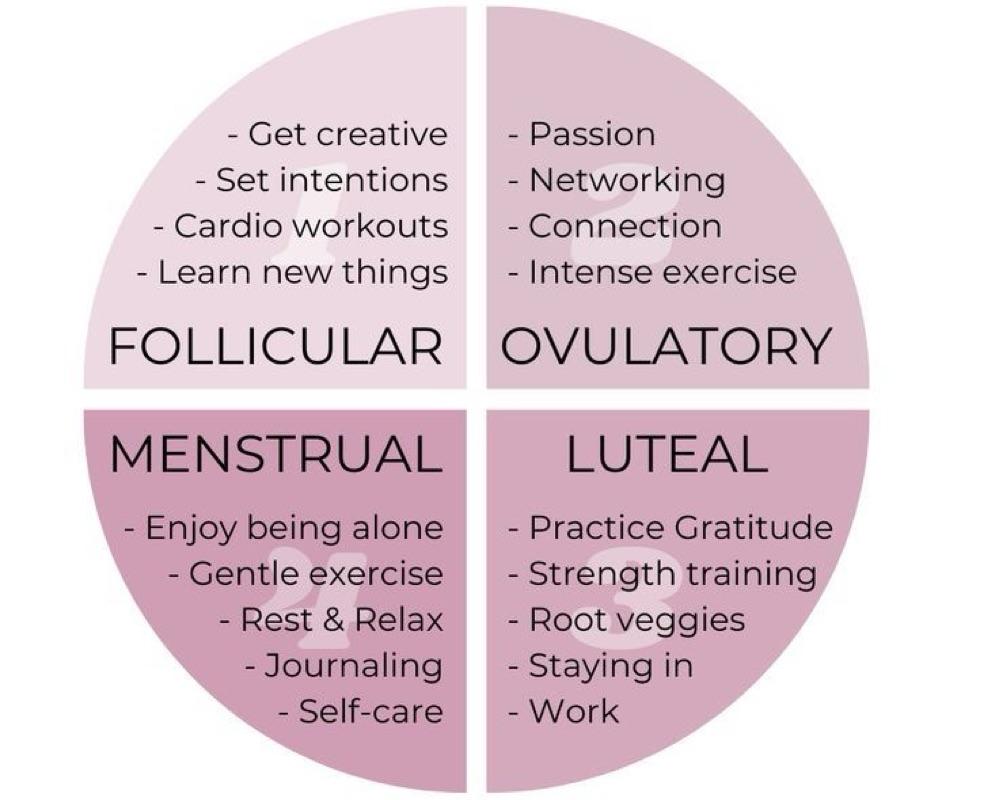How to "Hack" Your Menstrual Cycle With Diet, Exercise, & Sleep
Curated from: ZOE
Ideas, facts & insights covering these topics:
20 ideas
·3.44K reads
18
1
Explore the World's Best Ideas
Join today and uncover 100+ curated journeys from 50+ topics. Unlock access to our mobile app with extensive features.
The Importance Of Menstrual Cycle
The menstrual cycle significantly impacts a woman's health, influencing not just reproductive health but all aspects.
Hormonal fluctuations across the month can affect everything from mood to metabolism.
23
370 reads
Menstrual cycle
The menstrual cycle typically lasts between 23 to 35 days and involves four main hormones: estrogen, progesterone, LH, and FSH. These hormones fluctuate across the month, affecting the body in various ways.
The menstrual cycle is divided into two phases: the follicular phase (first half) and the luteal phase (second half), with ovulation in between. Each phase has different hormonal levels affecting the body differently.
23
263 reads
Menstruation (Beginning of the Cycle)
Menstruation, or the period, is when hormone levels are low. Estrogen and progesterone are at their lowest during this period, and it typically lasts five to seven days.
Symptoms may include bloating, cramps, irritability, tearfulness, and gut-related issues like looser stools and nausea. This is due to a sharp drop in progesterone and an increase in inflammatory markers.
22
236 reads
The 'Spring' of the menstrual cycle
Hormone levels rise after menstruation, leading to what is often referred to as the best week for most women, or the 'spring' of the menstrual cycle.
Known for the 'ovulation glow', better mood, increased motivation and strength, this phase also presents a decrease in appetite. Unlike the next phase with heightened metabolism and cravings, this time is usually symptom-free and overall positive.
25
216 reads
Luteal Phase
After ovulation, we enter the luteal phase, during which the previously low progesterone levels start to increase.
This hormonal change triggers an increase in body temperature by about half a degree. Although this may seem insignificant, it can disrupt our sleep cycle, leading to feelings of grogginess and irritability. This change may also affect performance at work or during exercise.
Additionally, we tend to retain more fluid during this phase, making hydration more challenging. Therefore, it's crucial to ensure you're consuming enough fluids during this time.
23
208 reads
Premenstrual Symptoms
During the hormonal decline phase, many women experience premenstrual symptoms. Over 90% of women experience these symptoms to varying degrees.
However, a smaller percentage, about 20 to 40 percent, experience premenstrual syndrome. This is a more severe condition where the symptoms are so debilitating that they interfere with day-to-day quality of life. This pattern typically emerges one to two weeks before the next period, usually a week before, and should end or improve when the period starts.
22
193 reads
The First And The Last Menstrual Cycles
Typically, a girl will begin her first menstrual cycle during puberty, which can vary between the ages of 9 to 12.
Menopause, on the other hand, usually occurs in the 40s or 50s. In the UK, the average age for menopause is 51.
Menopause is a natural biological process that marks the end of a woman's menstrual cycles. It is diagnosed after a woman has gone 12 months without a menstrual period. This transition period is due to decreased production of estrogen and progesterone in the ovaries.
21
160 reads
Estrogen
Estrogen is a powerful hormone that influences various aspects of health, not just in women, but also in men.
While estrogen and progesterone are often considered female sex hormones due to their high levels in women, they are also present in men.
During menopause, there is a decline in estrogen, leading to an increase in cardiovascular and bone health issues. This is due to estrogen's role in the dilation and expansion of our arteries. A decrease in estrogen can cause a sharp increase in blood pressure, thereby raising the risk of diseases like heart disease.
22
169 reads
High Estrogen Phase
Cardiovascular fitness benefits are apparent during the high hormone phase of the cycle, preceding ovulation.
Research indicates that female athletes prefer to perform just after their period, in the high estrogen phase.
This period is associated with higher muscle building potential, improved mood, increased motivation, and slight enhancements in strength and endurance.
23
162 reads
PMDD
A subset of women experience premenstrual dysphoric disorder (PMDD), a severe form of PMS associated with significant mood disturbances that can interfere with daily life.
Symptoms usually appear one to two weeks before the next menstrual cycle and should improve or disappear by the start of the next period. If the symptoms persist, it's likely not cyclical and could be indicative of another mood disorder.
The prevailing hypothesis is that women with PMDD are more sensitive to the drop in hormones that occurs before menstruation, hence feeling more affected by it.
21
149 reads
Seasons
Cycle syncing, aligning lifestyle choices with the phases of your menstrual cycle, can help optimize well-being and reduce symptoms.
It's about tailoring your lifestyle to your menstrual cycle's phases. Different hormonal phases trigger varying needs in our bodies, such as sleep, nutrition, and mood changes.
Some compare the menstrual cycle to seasons, with menstruation as winter, the period just before ovulation as spring, followed by summer, then autumn, and back again. By adjusting our nutrition during these phases, we can optimize our well-being and performance, and reduce symptoms.
24
139 reads
An anti-inflammatory diet
Menstruation is an inflammatory response due to the process of shedding.
An anti-inflammatory diet, rich in colorful fruits, vegetables, high fiber grains, legumes, omega-3 foods like oily fish, flax seeds, walnuts, and various herbs and spices, can support our bodies and moderate the immune response.
This dietary shift should ideally commence just before menstruation begins (about 1 week before the menstruation). A Mediterranean diet, especially rich in leafy greens and berries, is beneficial during the menstrual cycle. It can alleviate symptoms like cramps and positively impact health.
25
144 reads
Staying hydrated
Staying hydrated and avoiding stimulants like caffeine, as well as fried or fatty foods, can help.
During menstruation, it's also advisable to avoid caffeinated beverages, fizzy drinks, and spicy or fatty foods which can stimulate the gut.
21
142 reads
Gut Health And Menstrual Cycle
It's well known that there is a powerful connection between our gut and our brain, as well as our gut and our immune system, among other systems.
Therefore, it's logical to presume a link between our menstrual health and gut health. We know that a significant portion of estrogen is metabolized in the gut. Hence, it's crucial to optimize our gut health throughout our menstrual cycle.
21
140 reads
Iron Deficiency
Due to the prevalence of iron deficiency anemia in pre-menopausal women, it is essential to increase your iron intake.
Iron can be sourced from animal-based foods such as meat and fish, as well as plant-based foods like whole grains, legumes, leafy greens, nuts, and seeds.
There's evidence that adding vitamin C to plant-based iron can enhance absorption. For instance, squeezing lemon juice on hummus, which is made from chickpeas and a source of iron, may boost the absorption of iron.
21
135 reads
Regular physical activity
Regular physical activity can actually alleviate menstrual symptoms and lighten your period.
Low-intensity exercises, particularly yoga, have been found beneficial in managing menstrual symptoms and Premenstrual Syndrome (PMS).
This is likely due to the mind-body connection established during yoga, which incorporates breath work along with physical movements. The key is to engage in activities that feel good to you, as all movement counts.
21
137 reads
Sleep Disturbances
We often observe sleep disturbances after ovulation and during the pre-menstrual period.
An increase in body temperature occurs after ovulation, remaining elevated until the next period, which can affect the amount and quality of sleep.
All stages of sleep, whether it's light sleep, deep sleep, or REM sleep, are vital and offer different benefits. During the luteal phase, there's evidence of reduced REM sleep, often referred to as dream sleep. According to Matthew Walker, REM sleep is like "emotional first aid", playing a crucial role in our emotional well-being.
21
122 reads
Menstruation and a lower white cell count
During the menstrual cycle, there is a high inflammatory phase associated with menstruation and a lower white cell count. These white cells are crucial for fighting off pathogens, viruses, and other potential threats to our body.
Therefore, there's a possibility that you might be more susceptible to colds and flus during this time. This further emphasizes the importance of consuming more leafy greens, healthy fruits, and vegetables.
21
118 reads
Medical research
Much of our existing medical research is based on the male body. Only in the last one or two decades has there been a substantial effort to include females in medical studies.
Previously, it was assumed that women were simply smaller men, and data could be extrapolated to them. However, as discussed throughout this episode, women differ significantly in terms of hormonal profiles, physiology, metabolism, and even anatomy. Thus, it's crucial to account for these differences in our research.
21
112 reads
The essence of cycle syncing
Tracking the menstrual cycle is an essential first step for all women. It's not only practical for understanding fertility and predicting your next period, but also for knowing your individual normal cycle length, which varies among women. Some may have 28-day cycles, while others may have 30 or 31-day cycles.
Beyond simply tracking menstruation and ovulation, document cravings, sleep patterns, energy levels, and mood. This helps adapt your nutrition and training to your body's needs throughout your cycle. If you notice poor sleep during a phase, adjust your routine accordingly.
26
132 reads
IDEAS CURATED BY
CURATOR'S NOTE
The content discusses how hormones orchestrate the menstrual cycle, affecting metabolism and health. It highlights the importance of understanding one's cycle, symptom tracking, and lifestyle adjustments.
“
Similar ideas
21 ideas
In the FLO
Alisa Vitti
8 ideas
René Girard's Mimetic Theory - Lecture 2
Johnathan at Limbo
21 ideas
Read & Learn
20x Faster
without
deepstash
with
deepstash
with
deepstash
Personalized microlearning
—
100+ Learning Journeys
—
Access to 200,000+ ideas
—
Access to the mobile app
—
Unlimited idea saving
—
—
Unlimited history
—
—
Unlimited listening to ideas
—
—
Downloading & offline access
—
—
Supercharge your mind with one idea per day
Enter your email and spend 1 minute every day to learn something new.
I agree to receive email updates
